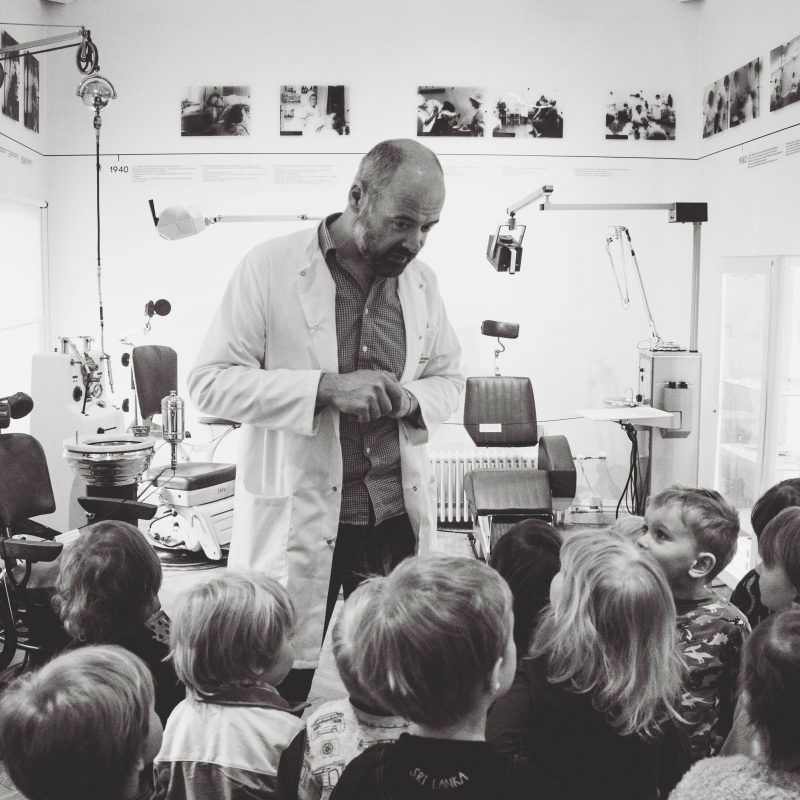This case study is written by Bethany Stewart, secondary English teacher.
As you read this case study, reflect on the approaches suggested for developing subject expertise and consider how the approaches might be relevant to your own development as an early career teacher.
Developing my subject expertise felt fundamental during my NQT year. Although I was grateful to receive excellent training from my teacher training, I started my NQT year teaching new texts and had a new exam board to get to grips with. Therefore, using every opportunity I could allowed me to develop my own subject expertise. Such as, using whole staff training; the staff library; the support from the Chartered College of Teaching; EEF guidance and observing others in my school. By utilising the generic, and whole school, approaches to CPD, this made me reflect on the ways I could use this in my own subject and my own practice.
Like most schools, new terms start at Meols Cop with INSET days devoted to whole school CPD. In my first year, training focused on ‘Quality First’ strategies (Teaching Toolkit 2015) that we could use in the classroom to support pupils. One example of this training focused around vocabulary and why explicit instruction led to an improved understanding across the curriculum. The training explored Quigley’s Frayer models (2018) and looked at word gradients in the classroom and why they could be beneficial (Reading Rockets, n.d). In order to make this more specific to English, the essential reflection from this training was focused around which strategy to use and when. For instance, I found that Quigley’s Frayer model (2018) was best used at the start of a lesson to introduce new vocabulary which would then be embedded throughout the lessons and weeks ahead, whereas a word gradient was best used to give pupils the opportunity to explore a range of emotions and responses that they could have to a text.
Another CPD approach used in school, that supported the development of my subject expertise, was taking the opportunity to observe colleagues and practices around school. Observing different members of the English department allowed me to see the different ways in which a teacher could approach a text or piece of writing. By observing my colleagues, I made notes of small things to take away and try in my own lessons, such as using a criteria for self-assessment, to ensure that pupils were focused on what to look for in their writing rather than them giving a vague idea for improvement.
As well as making the most of CPD in school, finding resources outside of school allowed me to be able to narrow my focus on exactly what gaps in my subject knowledge I wanted to address. Twitter is a valuable resource for this as it has allowed me to discuss different ideas with a wide of range of teachers all in different contexts. It has also allowed me to find out about courses, such as Team English Conference (2019), Chartered College of Teaching Early Career Conference (2019), Chartered College events (2019) and LitDrive CPD (2020). All of these courses were either free or a small cost (£10 maximum) and all were advertised on Twitter. Attending these courses was extremely worthwhile as I was exposed to a range of ideas, whether generic or subject specific, which allowed me to enhance and develop my own teaching practice.
By making time for CPD a priority in my weekly plan, I have seen the development of my own practice, the lesson content, and I can see the influence on pupils’ learning. As I engaged with CPD frequently and took ownership of my CPD, using the support from school but then going independently, I found that this resulted in an increase of confidence. Ensuring that I selected the vocabulary I wanted to teach before teaching and observed colleagues teaching the same content, allowed me to feel like I had a better understanding of the texts I teach. More importantly, as I had a specific plan of what and how I was teaching, I also began to see the improvements in pupils’ work: better use of vocabulary, more focused analysis of characters, and better contextual understanding.











